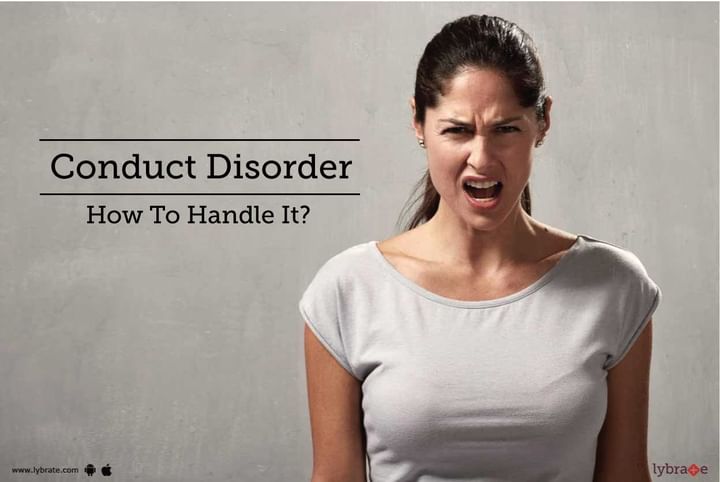Conduct Disorder - How To Handle It?
There is an expected code of conduct for all of us at various stages of life and at various places defined by the people we interact. There is something known as appropriate and inappropriate depending on this stage of life, place and relationships. This inappropriate behaviour can be termed as conduct disorder.
It is the name given to a group of emotional and behavioural problems that can onset during different stages and accordingly can be of 3 types.
- Where the onset is before the child reaches age 10
- Where the onset happens during the teenage years
- Where the age of onset is not clearly specified
Causes: Though not very clear, some of the potential causes include a combination of genetic and environmental aspects. The frontal lobe which is related to cognitive behaviour is usually affected in people with conduct disorder. This leads to reduced ability to plan, reduced ability to learn from life, and a lack of impulse control. This damage can also happen as a result of head injury. Environmental causes include child abuse history, unstable family relations, and drug abuse in parents and close family members.
Symptoms: Depending on the prominent trait, there are 4 types of conduct disorders:
- Aggressive conduct where they bully others, use weapons to hurt other people or animals and even indulge in rapes
- Deceitful conduct is where the person lies, steals, and commits forgery.
- Destructive conduct is when the person could get involved in the destruction of property.
- Violators conduct is when the kids skip school, runs away from home, gets involved in sexual/drug/alcohol abuse early in life. They are extremely pleased when breaking rules.
Treatment: This involves a combination of drugs and psychotherapy. The child’s age, duration of the symptoms, a degree of symptoms, and support system usually determine the mode of treatment.
- Drugs: Though there is no definitive drug for conduct disorder per se, these people usually have depression and/or ADHD, and so drugs are used to control these symptoms.
- Psychotherapy: Depending on the manifesting symptoms, these people are taught anger management, impulse control, cognitive behaviour, and problem-solving skills. Parents and close family and friends may also be involved to improve response rate and pace. The counsellor also needs to discuss with these people potential for sexual abuse, drug/alcohol abuse and suicidal tendencies.
It is not just the conduct disorder but the resultant effects which are very harmful to the individual, the family, and society at large. Detecting at early stages helps in early intervention and arresting progress.



+1.svg)
